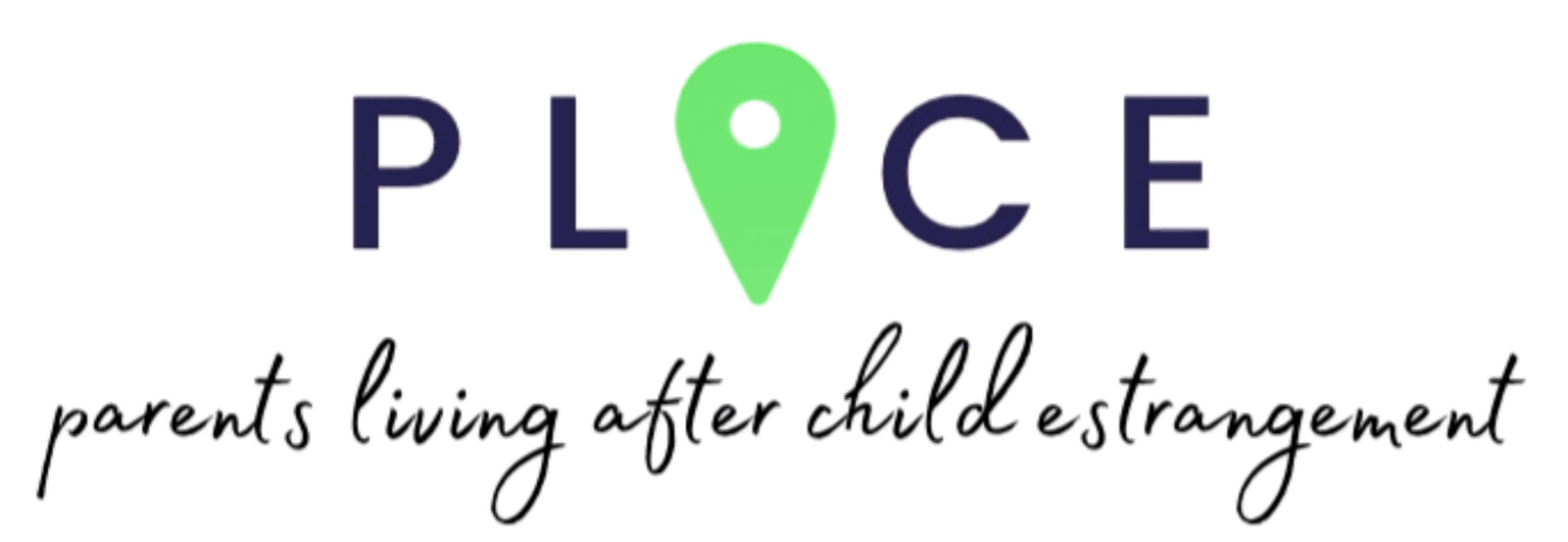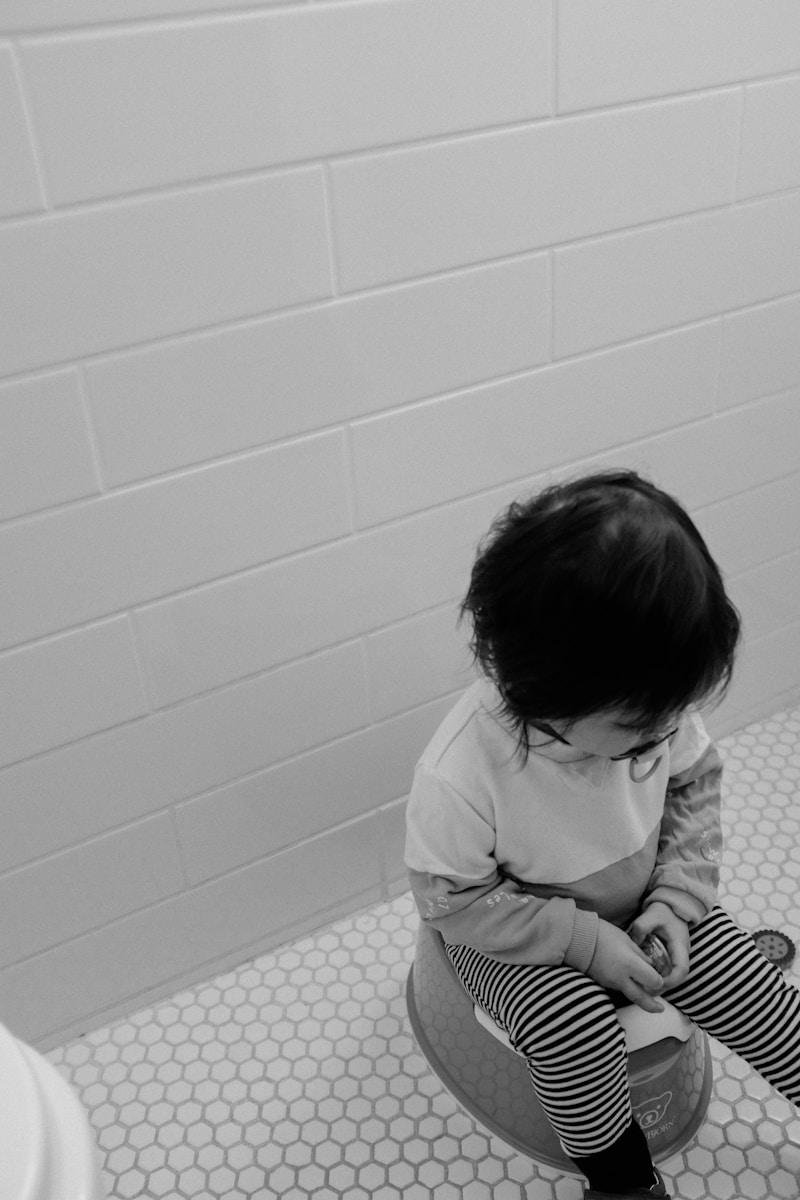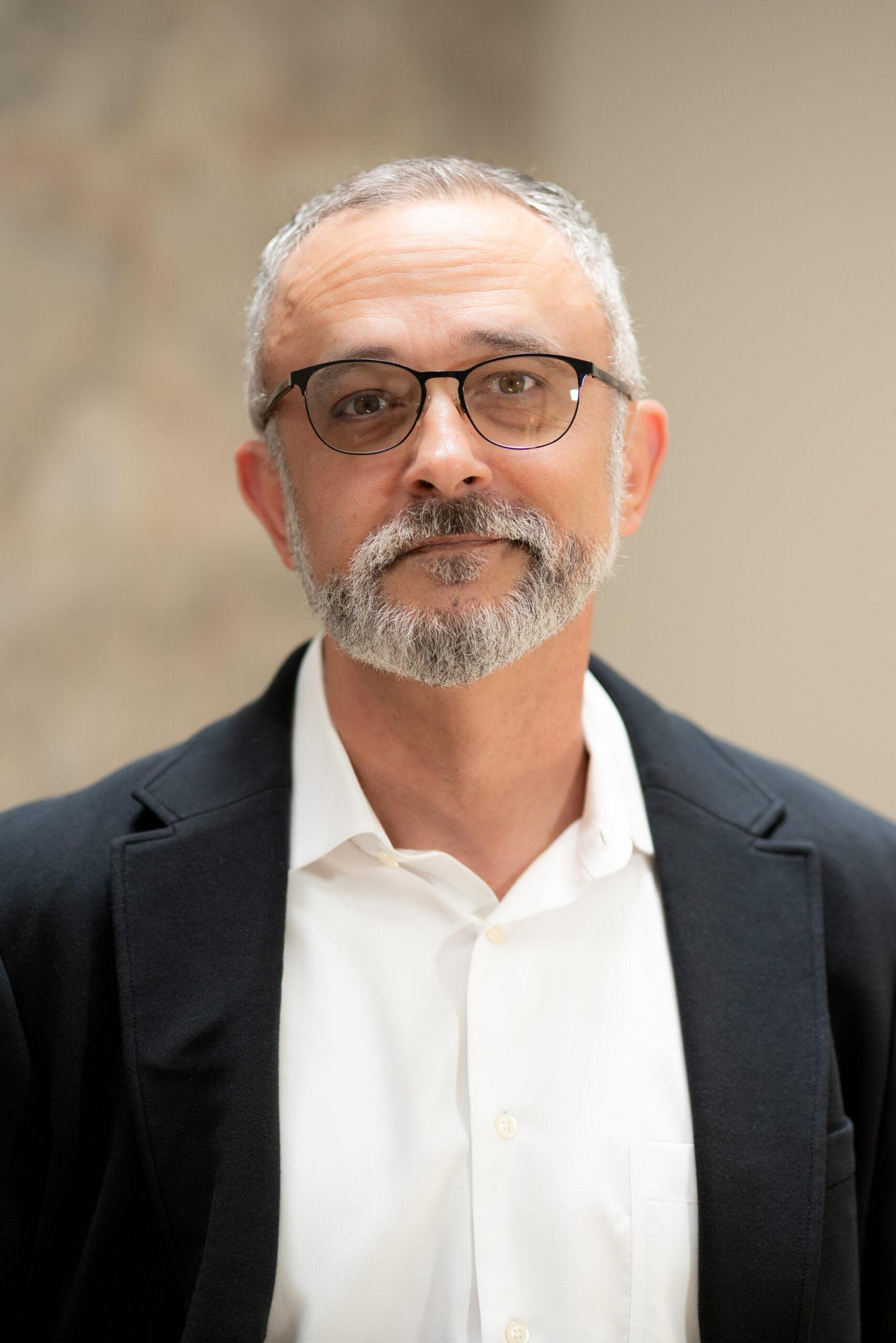Hi, I’m Brian.
If you’ve landed here, chances are you’re an estranged parent—or someone who loves one—and I want you to know something up front: you’re not alone, and you’re not broken.
I say that not just as a counselor or an author—but as a father who’s lived through it.
Child estrangement isn’t something you prepare for. There’s no handbook, no roadmap, and certainly no language to capture the pain. One day you’re a parent—maybe not perfect, but doing your best—and the next, the silence takes over. Messages go unanswered. Birthdays pass by. And it hits you: your child, your flesh and blood, has cut contact.
The pain is so deep, so complex, that most people don’t know how to talk about it. And when people do talk about it, it’s often with judgment, assumptions, or “you must’ve done something” advice that does nothing but twist the knife.
So what do you do when you’re left sitting in the stillness?
You begin again. But not in the way most people think.
Estrangement Isn’t Just a Relationship Problem—It’s a Grief Problem
I’ve worked in mental health for years—addiction recovery, law enforcement support, trauma work—and still, nothing could’ve prepared me for the heartbreak of estrangement. There’s a grief to it that’s hard to name. It’s ambiguous, as many experts call it: a loss without closure, without certainty, without finality.
When someone dies, there are rituals. There’s mourning. There’s a clear reason people offer condolences. With estrangement, though? There’s awkwardness. Blame. Silence. Confusion.
That silence can eat you alive.
At first, I tried to logic my way through it. I wanted to “solve” the estrangement like a puzzle. I pored over old conversations, text threads, memories—trying to find the moment it all shifted. But the thing is, sometimes there isn’t a clear moment. Sometimes the distance creeps in slowly. Sometimes there’s trauma on both sides. And sometimes, your child rewrites the story in a way you can’t understand—because you were living a different chapter entirely.
The Guilt Spiral—and How I Learned to Step Out of It
Let me be honest: guilt is one of estrangement’s most loyal companions.
You question everything. You replay every decision. You wonder if being stricter, looser, kinder, firmer, something-er might have changed the outcome. And if you have a tendency toward people-pleasing (as I do), estrangement can send you spiraling into shame.
But guilt, when left unchecked, turns into self-erasure.
I had to learn to separate reflection from rumination. It’s healthy to reflect. It’s human to want to repair. But if your reflection turns into a full-time job of hating yourself, you’re not healing—you’re dissolving.
Healing required me to look at what was mine, yes—but also to release what wasn’t.
Estrangement isn’t always abuse. It isn’t always toxicity. Sometimes, it’s simply a disconnect, a hurt left untended, or a boundary drawn in a way that’s unfamiliar to us as parents. But whatever the reason, your identity and worth are not defined by your child’s choice to leave.
Read that again.
Why Most Advice Falls Flat—and What Actually Helps
If you’ve told anyone about your estrangement, you’ve probably heard one of the following:
- “They’ll come around eventually.”
- “Just send them a heartfelt letter.”
- “It’s probably just a phase.”
- “You must’ve done something.”
These comments may be well-meaning, but they often invalidate the reality you’re living. Hope is not a strategy. And blind optimism often turns into another form of heartbreak.
What helped me—and what helps the parents I work with—is something quieter and more grounded: validation.
You don’t need someone to fix it. You need someone to sit in it with you.
Estrangement is lonely. But community can make it bearable. That’s why I created PLACE—Parents Living After Child Estrangement. Not as a solution, but as a sanctuary. A place where you don’t have to explain yourself, justify your story, or prove your love. A place where we heal together.
Boundaries, Compassion, and the Space In Between
Let’s talk about boundaries, because this word gets thrown around a lot in estrangement circles.
Your boundaries are about you. They’re your personal policies for how you treat yourself and how you choose to engage. They’re not ultimatums. They’re not rules for other people. Saying, “My boundary is that you can’t talk to me that way,” isn’t a boundary—it’s a wish.
A real boundary says, “If someone talks to me that way, I will remove myself from the conversation.”
When my estrangement was fresh, I swung between two extremes: total self-erasure in the name of “reconciliation,” and rigid emotional walls to protect my heart. Neither worked.
Healing came when I learned what flexible boundaries looked like. The kind where I could hold space for my pain and still show compassion. The kind where I could miss my child and still build a beautiful life without their participation.
Boundaries aren’t about shutting people out. They’re about keeping yourself safe while staying open to what’s possible.
The Question No One Asks: What If They Never Come Back?
I know. It’s the question we bury deep.
But it lingers, doesn’t it?
What if my child never comes back? What if we never talk again?
That question haunted me for a long time. It was the ghost in every counseling session, every group circle, every quiet moment alone. And then I realized something that changed me:
My healing can’t be conditional.
I can’t tie my wellness to their choices. I can’t postpone my peace for a future that may never come.
So I began the slow, sacred work of grieving not just the loss of my child’s presence—but the fantasy of the reunion. The perfect apology. The Hollywood ending. Letting go of that was one of the most freeing things I’ve ever done.
It doesn’t mean I stopped loving them. It means I started loving myself, too.
What Support Actually Looks Like
If you’re new to estrangement, here’s what I want you to know:
- You are not a failure.
- You are allowed to grieve.
- You are allowed to talk about it.
- You are allowed to protect yourself.
- You are allowed to find joy—even in this.
Support comes in many forms. For some, it’s therapy. For others, it’s peer groups. For many of us, it’s a mixture of things: journaling, reading, learning, unlearning, connecting.
At PLACE, I see people come in curled up like question marks—and over time, they start to unfurl. They start to breathe. They laugh again. They set boundaries. They tell the truth of their pain without shame. And they realize: “I’m not alone.”
That’s support. Not advice, not clichés—presence.
If You’re Estranged Right Now, This Is for You
You are still a parent.
You are still worthy.
You are still here.
Estrangement doesn’t define your legacy. Your story doesn’t end with rejection. It continues with resilience.
You get to decide what healing looks like. Maybe that’s reaching out. Maybe that’s stepping back. Maybe it’s building a new sense of self, separate from your role as a parent. Maybe it’s all of the above.
I’ll end with something I often say to parents in our support groups:
“Estrangement might be part of your story, but it’s not your whole story.”
Let’s write the next chapter together.
—Brian








